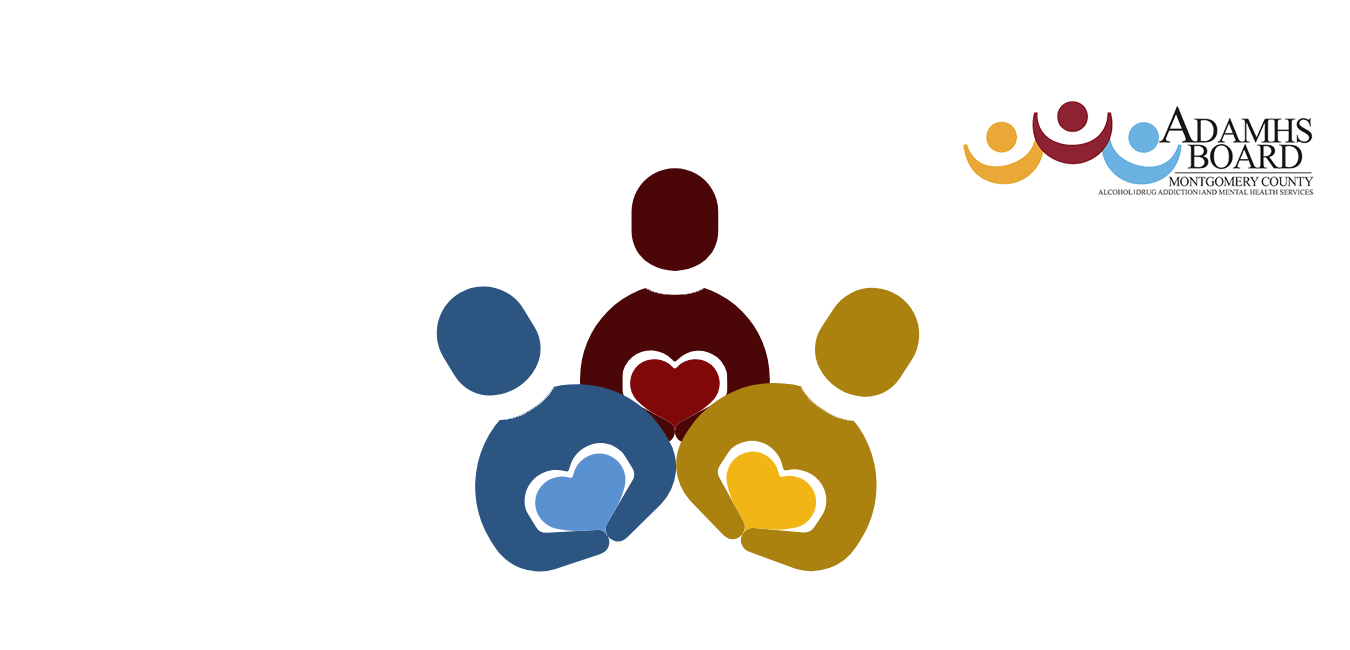Recognizing Mental Health Problems in Children
Children's mental health problems are real, common and treatable. Although one in five children has a diagnosable mental health problem, nearly two-thirds of them get little or no help. Untreated mental health problem...
Children’s mental health problems are real, common and treatable. Although one in five children has a diagnosable mental health problem, nearly two-thirds of them get little or no help.
Untreated mental health problems can disrupt children’s functioning at home, at school and in the community. Without treatment, children with mental health issues are at increased risk of school failure, contact with the criminal justice system, depending on social services, and even suicide.
Parents and family members are usually the first to notice if a child has problems with emotions or behavior. Your observations, along with those teachers and other caregivers, can help determine whether you need to seek help for your child.
The following signs may indicate the need for professional help:
- Decline in school performance
- Poor grades despite strong efforts
- Constant worry or anxiety
- Repeated refusal to go to school or to take part in normal activities
- Hyperactivity or fidgeting
- Persistent nightmares
- Persistent disobedience or aggression
- Frequent temper tantrums
- Depression, sadness or irritability
Early identification, diagnosis and treatment can help children reach their full potential. If you suspect a problem or have questions, talk with your child’s pediatrician or contact a mental health professional. An evaluation may include consultation with a child psychiatrist, psychological testing, and medical tests to rule out any physical condition that could be causing the symptoms.
A comprehensive treatment plan should include psychotherapy and, in some cases, may include medication. The plan should be developed with the family. Whenever possible, the child should be involved in treatment decisions.
To access care, call 937-734-8333


